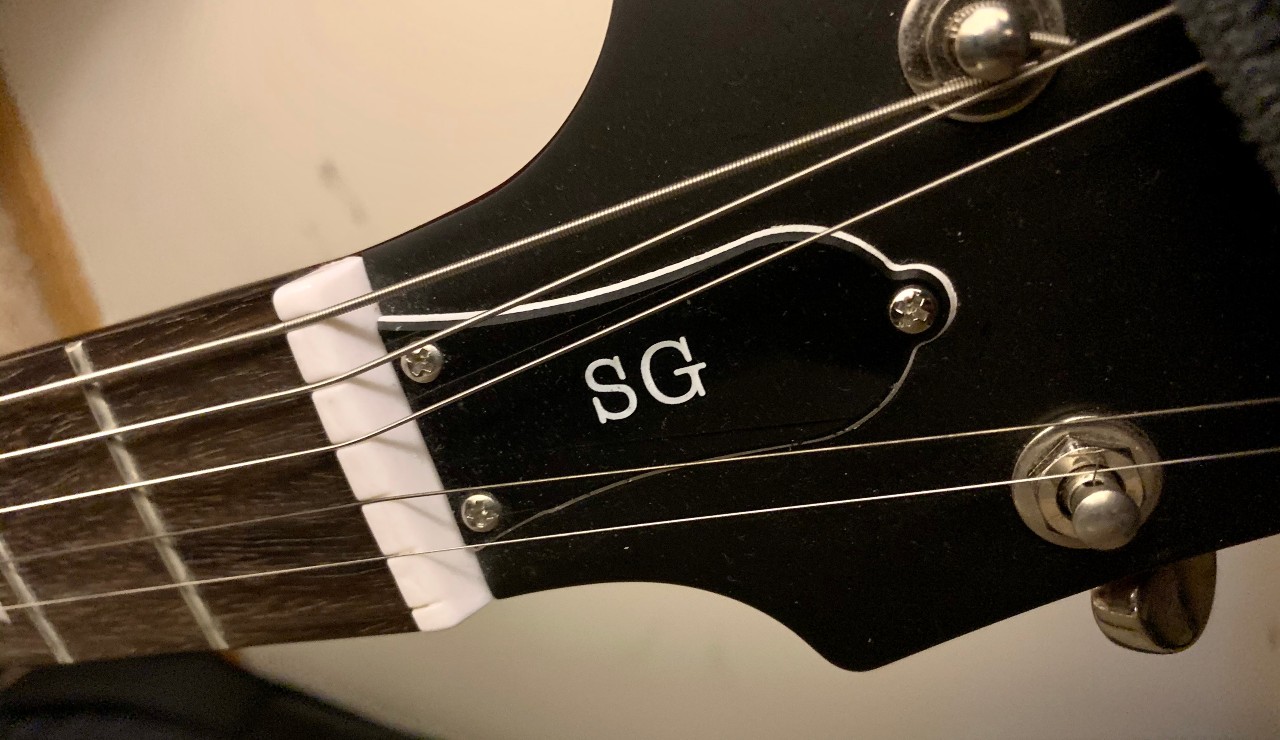Defendant online guitar retailer used on its website a photo of premium guitar necks – products that the online retailer did not sell. Plaintiff – the purveyor of the premium guitars found in the photo – sued defendant under the New Hampshire consumer protection act which makes unfair or deceptive acts in trade or commerce unlawful. The case went to trial. The court found in favor of defendant.

The court found three of plaintiff’s key witnesses not credible. Each of them had some sort of personal relationship with the plaintiff that in the court’s view tainted their testimony. One of them testified in a questionable way – he testified remotely via videoconferencing software and was “clearly reading from notes or a script during his direct examination.” And “[r]ather than looking directly into the camera when he answered questions, he consistently fixed his gaze on the left portion of his computer screen each time he began his answer.”
The photo played a minor part in defendant’s website. It was relatively small in comparison to the rest of the material in which it appeared. It took up approximately a third of an online document’s width and was not much bigger than a thumbnail-sized image. The image quality was low – the guitar necks were blurry and it was difficult to tell whether anything was written on the them, such as a logo.
The court found that plaintiff failed to prove that consumers would have understood defendant’s use of the photo to assert an affiliation between defendant and plaintiff. In the court’s mind, even if defendant had proven the assertion of an affiliation, plaintiff failed to prove that defendant acted with the intent required for the applicable statutory violation.
D’Pergo Custom Guitars, Inc. v. Sweetwater Sound, Inc., 2021 WL 3038640 (D.N.H., July 19, 2021)
